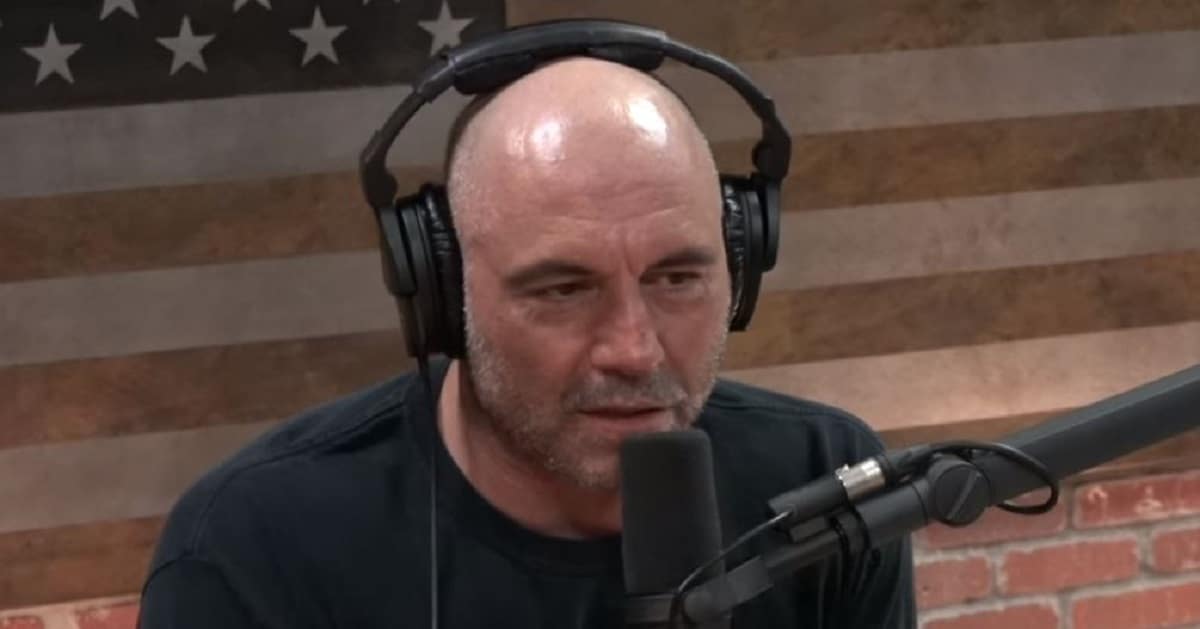


Bill Maher, the outspoken host of "Real Time," didn't mince words when he labeled Health and Human Services Secretary Robert F. Kennedy Jr. as downright nutty and in need of an exit after a contentious Senate hearing.
Maher's sharp critique came amid Kennedy's bold moves at the CDC, including firing top officials and canceling vaccine research, drawing defenses from allies while sparking resignation demands from agency staff.
Kennedy faced intense questioning on Capitol Hill, where both Republicans and Democrats pressed him on his plans for the health agency.
He invoked his Democratic father's words to justify the Trump-backed shakeup at the CDC, aiming to highlight a legacy of challenging the status quo.
Republicans quizzed Kennedy on whether President Donald Trump merited a Nobel Peace Prize for his role in vaccine development and if mRNA vaccines had indeed saved lives.
This line of inquiry revealed a potential rift, as Kennedy's views seemed to clash with Trump's positions on the matter.
Shortly after the hearing, Kennedy fired CDC Director Susan Monarez, a move that set off alarms within the agency.
One week later, he dismissed 17 top CDC officials, leaving many to question the wisdom of such sweeping changes.
The CDC also halted hundreds of millions in mRNA vaccine research, a decision that fueled debates over public health priorities.
More than 1,000 current and former HHS employees signed a letter accusing Kennedy of installing political ideologues in key roles.
They called for his resignation, arguing that his actions undermined the agency's independence and expertise.
Despite the uproar, Kennedy appears secure in his position, backed by Trump's support and confirmation from many Senate Republicans.
On Thursday, Maher voiced his frustration on his show, admitting initial sympathy for Kennedy's mission to address overlooked health issues.
"I personally find this very disappointing because I am the person who was sympathetic to what [Kennedy] was trying to do," Maher said. "I said, ‘Finally, we have a guy in there who cares about this stuff.’ But he’s also just nutty."
While appreciating the intent to clean house at the CDC, Maher argued that firing all 17 top officials eliminated any counterbalancing perspectives, leaving only Kennedy's echo chamber— a classic case of overcorrection that ignores sensible moderation.
Maher dubbed it "pendulumism," where reforms swing too far without pausing at a balanced point, a witty nod to how good ideas can spiral into excess when unchecked.
"He’s just too nutty," Maher continued. "He just does not listen. I mean, he just is. And nothing ever – I call it pendulumism – nothing ever stops in the middle."
In a system bloated with overregulation, shaking things up makes sense, but Maher's point hits home: total purges risk replacing one set of biases with another, hardly the fresh start conservatives hope for in draining the swamp.
"Okay, this needed a housecleaning, the CDC," Maher acknowledged. "But to fire all 17 of the top people? Now you don’t have that voice in there at all. You just have your voice."
Maher wrapped up with reluctance, saying it pained him given his fondness for Kennedy, yet the conclusion felt inevitable in a world weary of unchecked zealotry.
"It’s just – he’s got to go," Maher stated flatly.
CNN's Kaitlan Collins highlighted Kennedy's stumbles during the hearing, noting the awkward exchanges over vaccine achievements.
"The CDC has canceled hundreds of millions of dollars in mRNA vaccine research that they were doing," Collins explained. "And so that is what the Republicans were putting to him, saying, ‘Do you believe that Trump deserves a Nobel Peace Prize for this? And then do you also believe that was an mRNA vaccine that saved lives?’"
Her breakdown underscores a tension where innovative policies clash with established successes, reminding us that even bold reformers must navigate political realities without alienating key supporters.
Former Trump advisor Stephen Moore jumped to Kennedy's defense, praising his push against FDA hurdles that delay life-saving drugs.
"When new drugs are being developed, we should let these drugs go to the market, especially if they’re dealing with cancer or heart disease or multiple sclerosis," Moore argued. "The FDA holds these things up by five to 10 years, and it’s actually killing people."
Moore's defense rings true for those frustrated with bureaucratic red tape; after all, streamlining approvals could save lives without the progressive agenda's endless caution that often prioritizes process over people.
President Trump has stood firmly by Kennedy, embracing his unconventional style as a strength rather than a flaw.
"I LIKE THE FACT THAT HE’S DIFFERENT," Trump declared, signaling that diversity in thought within his administration is a deliberate choice.
This backing suggests Kennedy's job is safe unless Trump rethinks it, a pragmatic stance in a cabinet built on loyalty and disruption over conformity—a refreshing counter to the woke echo chambers that stifle debate.



